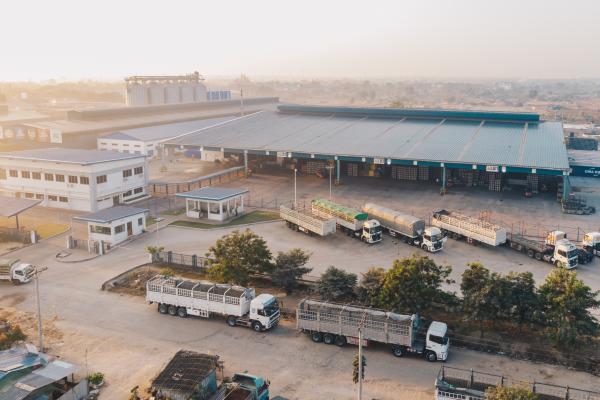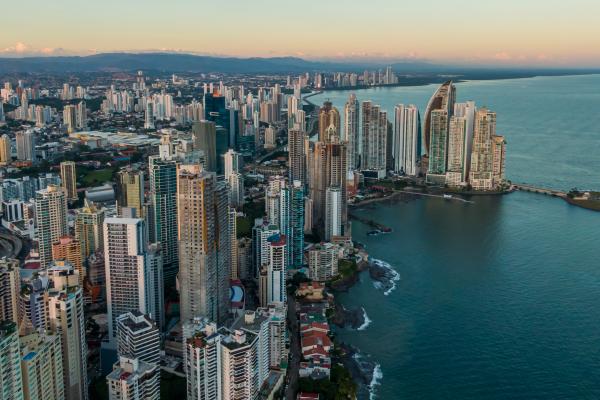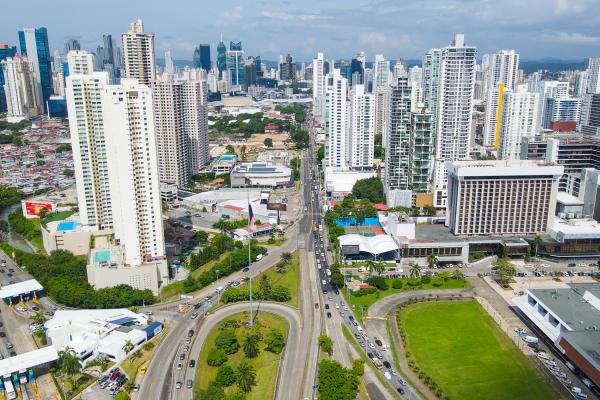- Jun 24, 2024
- Bienes Raices
- 1,948
Investing in real estate in Panama can be a smart and profitable decision. However, it is crucial to protect this investment. Below are strategies and recommendations to ensure and maximize the value of your real estate property in Panama.
Real Estate Risk Management Strategies
Risk Assessment: Identify and analyze the risks associated with your real estate investments. Consider factors such as location, property type, and market conditions.
Portfolio Diversification: Investing in different types of properties and in various locations can help mitigate risks.
Adequate Insurance Coverage: Insure the property against damages and consider liability insurance to protect yourself from third-party claims. In Panama, multi-risk policies cover fires, earthquakes, storms, theft, and more.
Solid Contracts and Agreements: Ensure that all contracts are well-drafted and reviewed by a legal professional. This includes lease and purchase agreements.
Financial Analysis and Cash Flow Management: Regularly track the income and expenses related to your properties. Maintain financial reserves to handle contingencies.
Preventive Maintenance: Implement a regular maintenance plan for your properties, including periodic inspections and timely repairs. This helps prevent larger, more costly issues in the future.
Real Estate Laws and Regulations in Panama
- Law 284 of 2022: Modernizes the horizontal property regime in Panama, emphasizing flexibility, efficient procedures, and transparency in the administration of buildings and residential complexes.
- Law 8 of 2010: Regulates financial leasing of real estate, providing clarity and protection for both parties in financial leasing transactions.
Legal and Tax Protections
- Immigration Residence by Investment: By investing in properties in Panama, you can access residency programs by investment, which may include tax benefits and permanent residence.
- Tax Incentives: Law 80 of 2012 offers special tax incentives to promote tourism-related activities, benefiting businesses in the tourism sector.
Additional Considerations
- Humidity and Climate: Consider Panama's tropical climate. Choose appropriate materials and construction techniques to combat humidity and ensure the durability of the property.
- Appraisals and Depreciation: Conduct periodic appraisals to understand the current value of your property. Consider depreciation as a factor when calculating investment returns.
Protecting your real estate investment in Panama requires a combination of risk management strategies, a clear understanding of local laws and regulations, and a proactive approach to property maintenance and management. By following these recommendations and seeking expert advice when needed, you can ensure the profitability and security of your investment in the long term.


